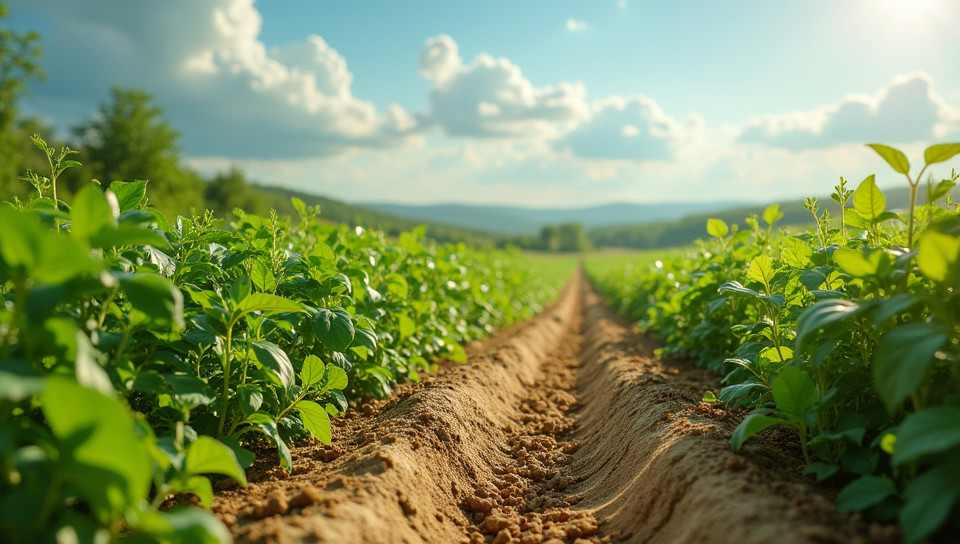Plant-based diets require high levels of land use 62%

The Dark Side of Plant-Based Diets: Why Land Use Matters
In recent years, plant-based diets have gained immense popularity due to their perceived benefits for the environment and human health. While it's true that animal agriculture has a significant impact on greenhouse gas emissions and deforestation, the reality is more complex than we're often led to believe. A closer examination of plant-based diets reveals a surprising truth: they require high levels of land use.
The Problem with Plant-Based Diets
Plant-based diets, by definition, rely heavily on plant foods such as fruits, vegetables, grains, and legumes. However, the production of these crops requires significant amounts of land, water, and other resources. According to a study published in the journal Science, it takes around 1.4 grams of grain protein to produce one gram of beef protein. This means that producing plant-based foods for human consumption can lead to deforestation, soil degradation, and loss of biodiversity.
The Land-Use Footprint
The land-use footprint of plant-based diets is a critical issue that often goes unreported in the media. Here are some examples:
- Soybean production: The majority of soybeans are used to feed livestock, but a significant portion is also used to produce plant-based milks and meat alternatives.
- Palm oil production: The rapid expansion of palm oil plantations has led to widespread deforestation in Southeast Asia, with devastating consequences for local ecosystems.
- Corn production: Much of the corn grown in the United States is used to produce ethanol for biofuels, which can lead to soil degradation and water pollution.
The Impact on Food Security
The high land-use requirements of plant-based diets have significant implications for food security. As global demand for plant-based foods continues to rise, it's likely that more land will be cleared for agriculture, leading to the displacement of small-scale farmers and indigenous communities. This can exacerbate existing social and economic inequalities, particularly in developing countries.
Conclusion
While plant-based diets are often touted as a sustainable alternative to animal-based diets, the reality is more complex than we're led to believe. The high land-use requirements of plant-based foods can lead to deforestation, soil degradation, and loss of biodiversity, with significant implications for food security. As consumers, policymakers, and producers, it's essential that we take a nuanced view of the environmental impacts of plant-based diets and work towards more sustainable solutions that prioritize both human well-being and ecosystem health.
- Created by: María Fernanda Fuentes
- Created at: Aug. 20, 2024, 11:01 p.m.
- ID: 7883







